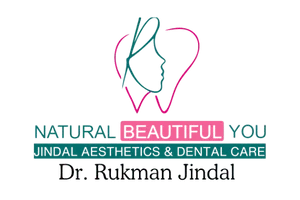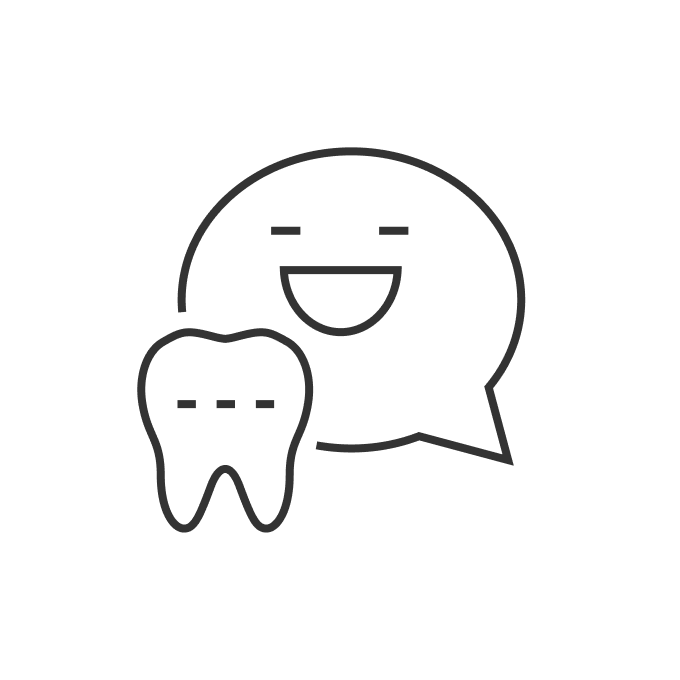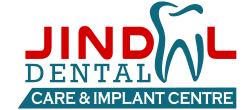Need Help?
FAQs
Frequently Asked Questions
Consult your dentist, if you have any of the below issues
- Mouth sores
- Jaw pain
- Redness
- Swollen face or gums
- Tooth sensitivity
- Broken teeth
- Dry mouth
- Bleeding gums
- Bad breath or a bad taste in your mouth
Getting yourself checked out right away prevents more serious problems and infections.
Buy toothbrushes with soft bristles. Medium and firm ones can damage teeth and gums. Use soft pressure, for 2 minutes, two times a day.
Both powered and manual toothbrushes clean teeth well. Manual brushes with mixed bristle heights or angled bristles clean better than those with all flat, even bristles. Powered toothbrushes may be easier if you have some movement disorders or age related problems.
Toothbrush should be changed every 3-4 months. Most toothpastes will clear away bacteria growth and acids from food and drinks. Most of the toothpaste have fluoride, which strengthens and protects teeth.
If you have severe sensitivity to hot and cold liquids, special desensitizing toothpastes are recommended.
Regular exams help the doctor to find out problems early to prevent bigger and more costly treatments later.
You should get a dental checkup every 6 months, or more often if your dentist recommends it.
Always spend two to three minutes brushing your teeth.
Do not brush too hard.
Floss at least once a day. Flossing is the only way to get bacteria from between your teeth. Its not hard to learn how to do it.
Try to minimize the times during the day when sweet items are eaten and brush your teeth afterwards.
If you cannot brush after a meal, at least rinse your mouth with water – which can help to remove food from your teeth.
It is well known that tobacco chewing and smoking is harmful to our overall health as well as oral health.
Oral cancers and many other oral problems occur. We do Oral cancer screening for such patients and also help them cure other associated mouth problems.
Look for the following in your mouth. If you have any of these , you must consult the dentist urgently:
- A sore that does not heal
- A lump or white patch
- A prolonged sore throat
- Difficulty in chewing
- Restricted movement of the tongue or jaw
- A feeling of something in the throat
- Pain is rarely an early symptom.
All tobacco users need to see their dentist regularly.
Manual toothbrushes have been the gold standard for maintainence of oral hygiene since years. Electric tooth brushes have a round head with bristles and operated with a battery which can be charged. Electric toothbrushes are helpful for people with low manual dexterity like patients with weakness in hands, brain stroke, tremors or old age.
If you are unable to take extremely hot and cold food and you experience pain, it means you are facing dental hypersensitivity. Excess sensitivity happens due to micro crevices and cuts in deeper dental layers.
Doctor usually prescribes desensitizing toothpastes for regular use. These paste contain chemicals which seal these cut and gaps. If you do not get relief by brushing gently and using desensitizing toothpaste, see your dentist.
There are special compounds that can be applied in-office to the roots of your tooth to reduce – if not eliminate – the sensitivity. Latest laser treatments are also effective in decreasing hypersensitivity.
Oral ulcers is a very common problem . There are multiple causes of ulcers in mouth. Some factors may include allergies, stress, and vitamin and mineral deficiencies. Sometimes any injury to the inside of the mouth can result in the development of ulcers in mouth,. Ill-fitting dentures or braces, toothbrush trauma from brushing too hard, or biting your cheek, may cause these.
To treat a canker sore, rinse your mouth with antimicrobial mouthwash or warm water and salt. If the ulcer doesn’t heal fast and is present longer than two weeks, one must consult a dentist.
Bleeding gums is a very common dental problem which people face. This usually happens due to bad oral hygiene and improper brushing. Plaque and calculus deposits around teeth and gums and make gingival prone to swelling and bleeding.
Many patients don’t brush their teeth due to fear of further more bleeding. That further aggravates the problem further.
Also, gum bleeding may be caused by many underlying systemic problems like bleeding disorders and blood cell disorders.
Dental crowns are available in a variety of materials : metal, porcelain fused to metal and metal free or all ceramic crowns. All ceramic crowns are most aesthetic but cost is more for them.
https://ambaladental.com/dental-care-in-pregnancy/
Yes, definitely dental treatment is possible in pregnancy. Rather, it is more important to maintain dental health during pregancy . Usually second trimester is safest to perform any kind of dental treatments.
Whitening of teeth can be done via either at home bleach or the in office whitening. At home bleaching agents are available which can be used by the patient himself at home. Bleaching agent is kept in the tray and put into the mouth and kept for a definite period of time.
In office method can be done by the dentist and involves higher strength chemicals being applied onto the teeth. This is known as chemical bleaching. Other method is by use of bleaching chemicals activated by the help of lasers. This is called laser whitening which is more effective and sustains for a longer time.



